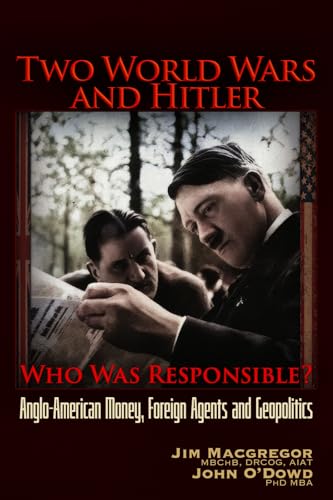
For No Reason at All
by Jeffrey A. Hinkelman
"The Changing Narrative of the First World War in American Film"
Popularity
2.43 / 5
* A book's popularity is determined by how it compares to all other books on this website.
Where to buy?
Buy from Amazon* If you buy this book through the link above, we may receive a small commission at no extra cost to you.
For No Reason at All by Jeffrey A. Hinkelman
Details
War:
World War I
Perspective:
Researcher
Biography:
No
Region:
North America
Page Count:
288
Published Date:
2022
ISBN13:
9781496836939
Description
Brief Summary
For No Reason at All by Jeffrey A. Hinkelman explores Hollywood's evolution towards an antiwar stance in the aftermath of World War I. Through a meticulous examination of film history, Hinkelman reveals how the catastrophic experience of the Great War influenced filmmakers and studios to adopt narratives that questioned and critiqued the nature of war.
Main Themes and Topics
The book delves into the profound impact World War I had on Hollywood's storytelling. One of the central themes is the transition from glorifying war to questioning its sensibility and morality. Hinkelman investigates how the horrors and disillusionment of the war led to the emergence of films with strong antiwar messages.
Another significant topic is the role of filmmakers in shaping public perception. The book examines how directors and screenwriters, many of whom were directly affected by the war, used their art to reflect and critique contemporary societal views on conflict and violence, fostering a dialogue about peace and humanity.
Writing Style and Tone
Jeffrey A. Hinkelman writes with a scholarly yet accessible tone, making the book approachable for both academic and general audiences. His writing is analytical and detailed, providing deep insights without becoming overly technical. The narrative flows logically, supported by ample evidence and examples from classic films and historical contexts.
Criticism
While For No Reason at All is largely praised for its thorough research and insightful analysis, some readers may find the focus predominantly on Hollywood neglects the global cinema landscape in the same period. Additionally, the depth of film-specific discussions might occasionally overwhelm those who are not well-versed in early 20th-century cinema.









